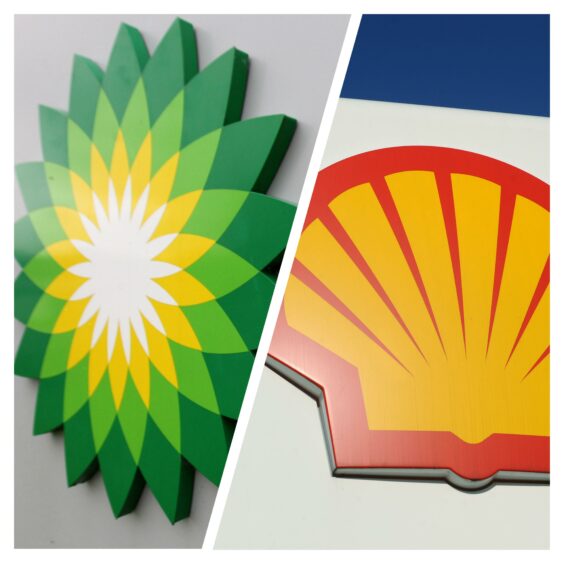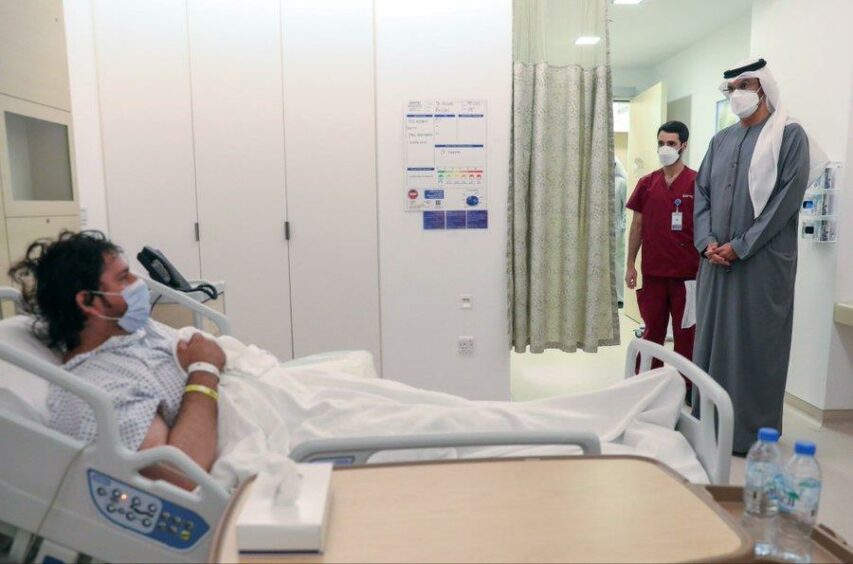
A recent swell in oil prices has driven the valuation of oil and gas giants Shell and BP to levels not seen since before the pandemic.
On Tuesday BP (LSE: BP) was trading at £3.95 a share on the London Stock Exchange, the highest figure for the supermajor since February 2020.
That same day shares in Shell (LSE: RDSA) topped out at £18.72 before dropping off slightly in the subsequent days.
Again it was a level the Anglo Dutch giant had not experienced since February 2020, a month before the UK was plunged into its first Covid-19 lockdown.
Unrest in the Middle East and diminishing concerns about the impact of Omicron drove oil benchmarks to seven year highs this week.
Brent topped $87 a barrel on the ICE Futures Europe exchange, the highest level since October 2014.
Meanwhile West Texas Intermediate (WTI) oil also briefly rose above $85 a barrel for the first time since 2014.
And according to analysis from Rystad, oil could continue to rally in the coming months with $100 a barrel a possibility.
Causes
In the shorter term a drone attack on Abu Dhabi by Yemen’s Houthi rebels earlier this week prompted a dramatic spike in oil prices.
Missile strikes triggered a fire and explosion involving three tanker trucks at Mussafah, near to storage tanks owned by oil giant Adnoc.
Three people died in Monday’s attack, while six more were injured – Adnoc’s chief executive recently visited the wounded in hospital.
Perhaps more crucial though is the changing attitudes to Omicron that could yield more sustained oil demand.
Sustained evidence is emerging that although the Covid-19 variant is more transmissible, it results in fewer hospitalisations and deaths.
As a result countries are beginning to roll back their Omicron restrictions, sparking increasing demand for oil.
There are the actions of OPEC+ to consider too, with reports that only a handful of cartel members have the spare production capacity to feed the market.
Members may opt to increase output over and above the 400,000 barrels a day each month that has been agreed but as yet that is unclear.

 © Supplied by Adnoc
© Supplied by Adnoc